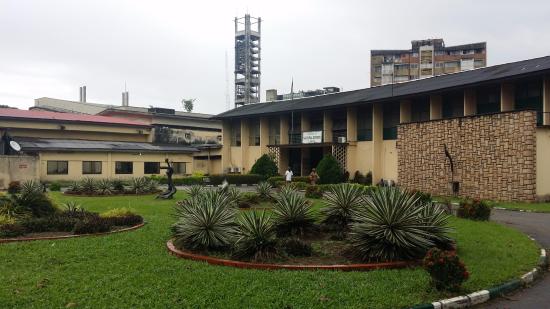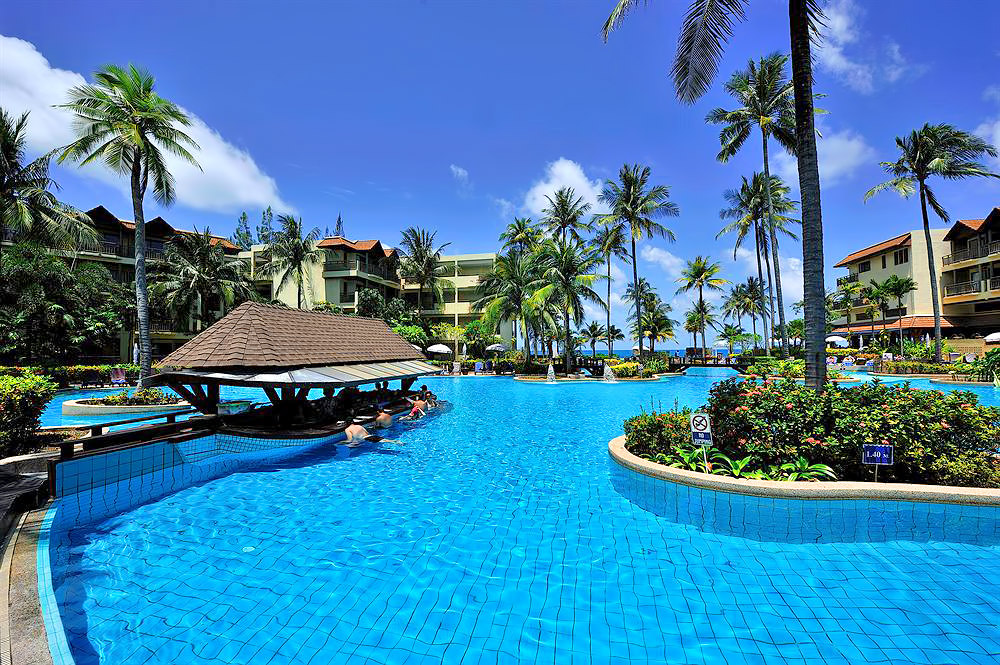Hotels.ng Blog
Hotels.ng Guides
All you need to know about Travel in Nigeria!

Explore More Articles
-

German Scholarships for Nigerian Students
Are you a prospective Nigerian student planning to study in Germany at bachelor's, master's or do... Mosimileoluwa Alabi . 20 Nov 2019 -

How to get admission into top universities in C...
The University of British Columbia (UBC) is another one of the top-rated universities in Canada. ... Gift . 20 Feb 2020 -

15 Undergraduate Scholarships for Nigerian Stud...
Are you an undergraduate in a Nigerian University? Are you looking for a scholarship as you are n... Mosimileoluwa Alabi . 25 Feb 2020 -

Canadian Scholarships for Nigerian Students
One of the major reasons you might consider studying abroad is that the universities within Niger... Mosimileoluwa Alabi . 25 Nov 2019 -

General Admission requirements for Nigerians wh...
Having adequate knowledge of the requirements demanded by Australian Universities go a long way i... Gift . 26 Nov 2019 -

Top Cyprus Universities Nigerians can Study in
Cyprus is one of the top European countries that has a lot of foreigners coming in yearly for stu... Shelah Jegede . 19 Nov 2019 -

Ten Famous France Universities That Nigerians S...
There are a lot of people who dream of schooling outside Nigeria because they want to experience ... Oluwamayowa . 18 Nov 2019 -

Top 10 Netherlands Universities That Nigerians ...
The Netherlands, also known as Holland is an European country and a part of the Schengen consulat... Shelah Jegede . 20 Nov 2019 -

Studying in Germany: Frequently Asked Questions...
Germany is characterized as an excellent and the most attractive non-English speaking country in ... Mosimileoluwa Alabi . 24 Jan 2020 -

General Requirements For Nigerians Seeking Admi...
Some of the top universities in Africa can be found in South Africa and they are known for their ... Gift . 26 Nov 2019 -

Cheapest countries for Nigerian students to stu...
Your secondary school years go by quickly and relatively easily and you graduate with hopes that ... Gift . 24 Feb 2020 -

General Requirements for Nigerians Seeking Admi...
Cyprus is becoming a popular top-destination country among international students this is be... Shelah Jegede . 19 Nov 2019 -

Entry Requirements for Nigerian Students who wa...
Sweden is known for numerous things such as a vibrant culture, reserved, humble and friendly peop... Gift . 26 Nov 2019 -

Top Sweden Universities that admit Nigerian Stu...
Sweden is among the top three countries with free education options for international students. U... Gift . 26 Nov 2019 -

How to get admission into top Canadian Universi...
Still on our admission process for Nigerians into top Canadian Universities, we look at the Unive... Gift . 24 Feb 2020 -

Completing A Masters In The UK - A Nigerian Wom...
Pursuing a master?s degree abroad has become an increasingly popular choice for further study, an... Rebecca . 21 Nov 2019 -

General Requirements for Nigerians Seeking Admi...
Germany is becoming an increasingly popular country for foreigners who are looking to study abroa... Shelah Jegede . 19 Nov 2019 -

General UK Admission Requirements for Nigerian ...
Getting admitted to an educational institution in the UK is one thing a lot of young Nigerians wo... Oluwamayowa . 25 Nov 2019 -

Working and studying in the United Kingdom as N...
The United Kingdom is one of the most expensive countries for international students to study in.... Gift . 17 Feb 2020 -

General Admission Requirements for Nigerians in...
The Netherlands is a safe and multicultural environment with low study costs which makes it ... Shelah Jegede . 20 Nov 2019
